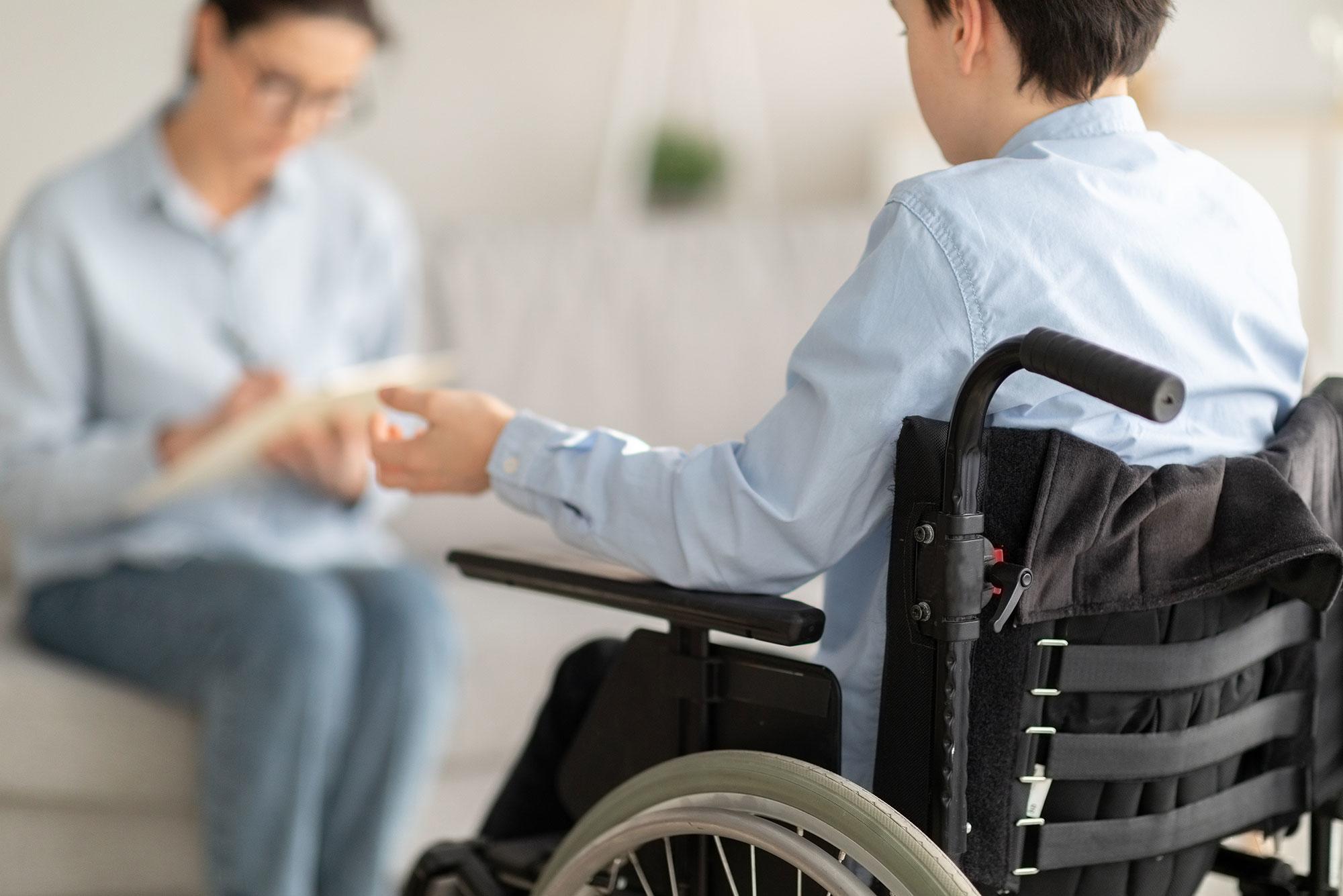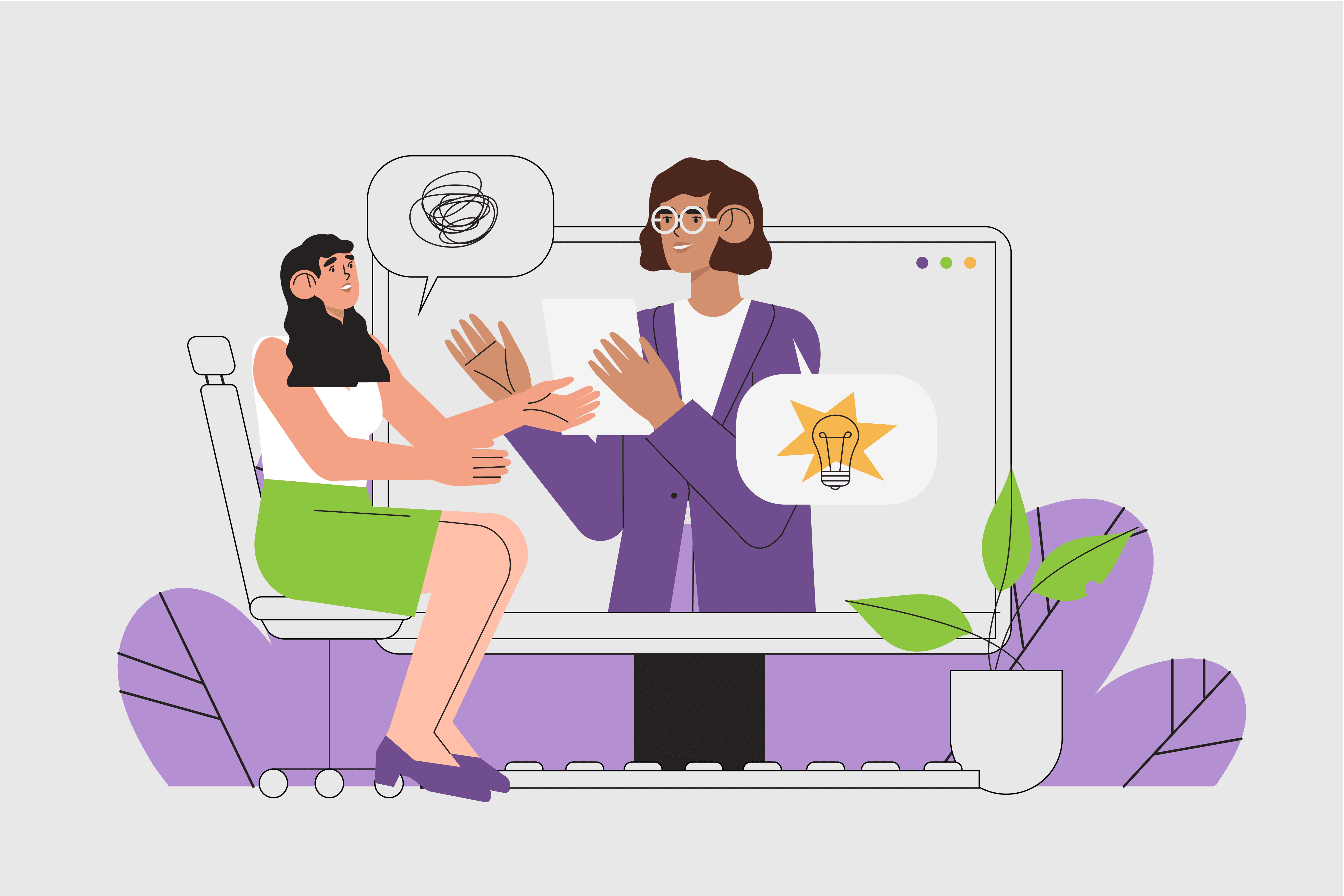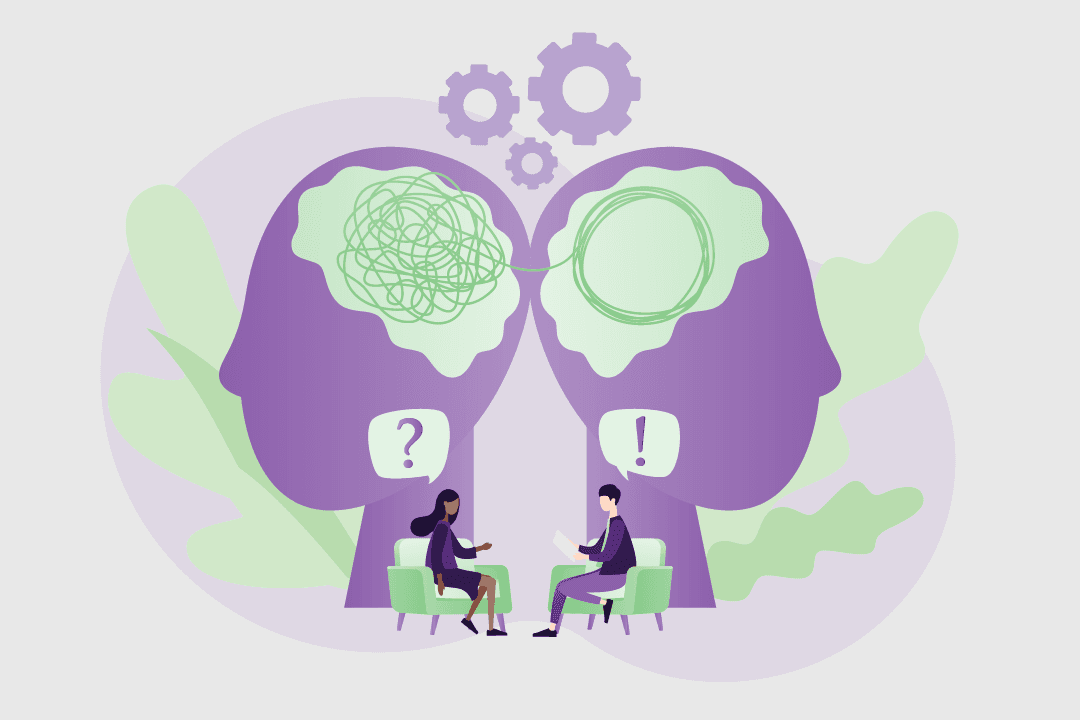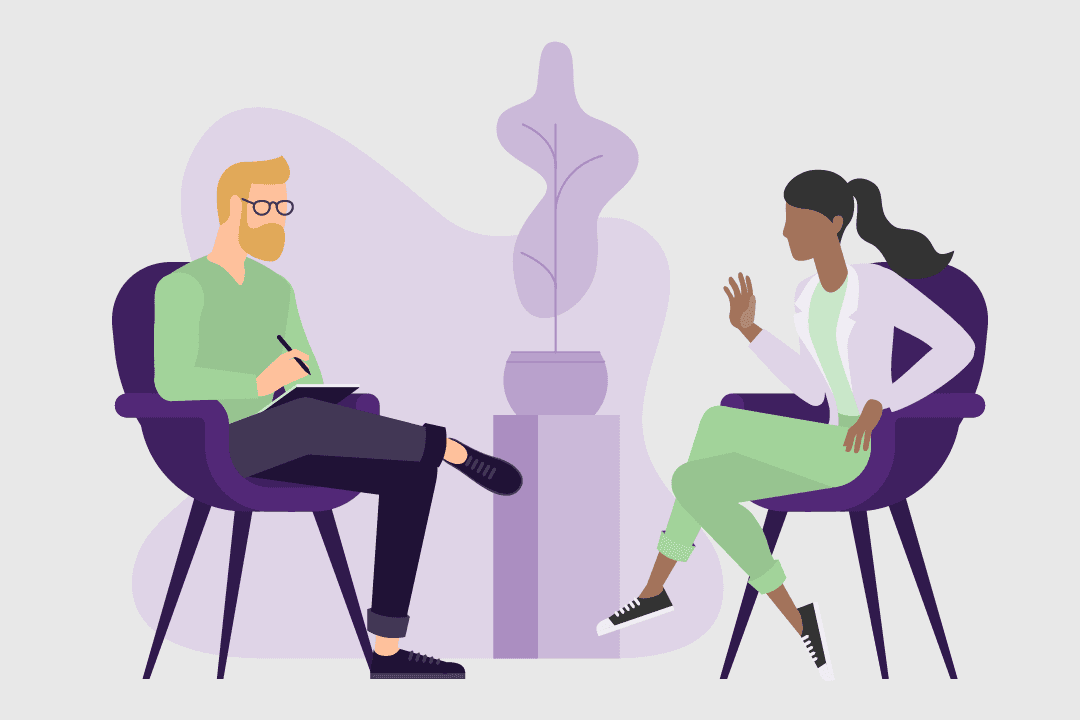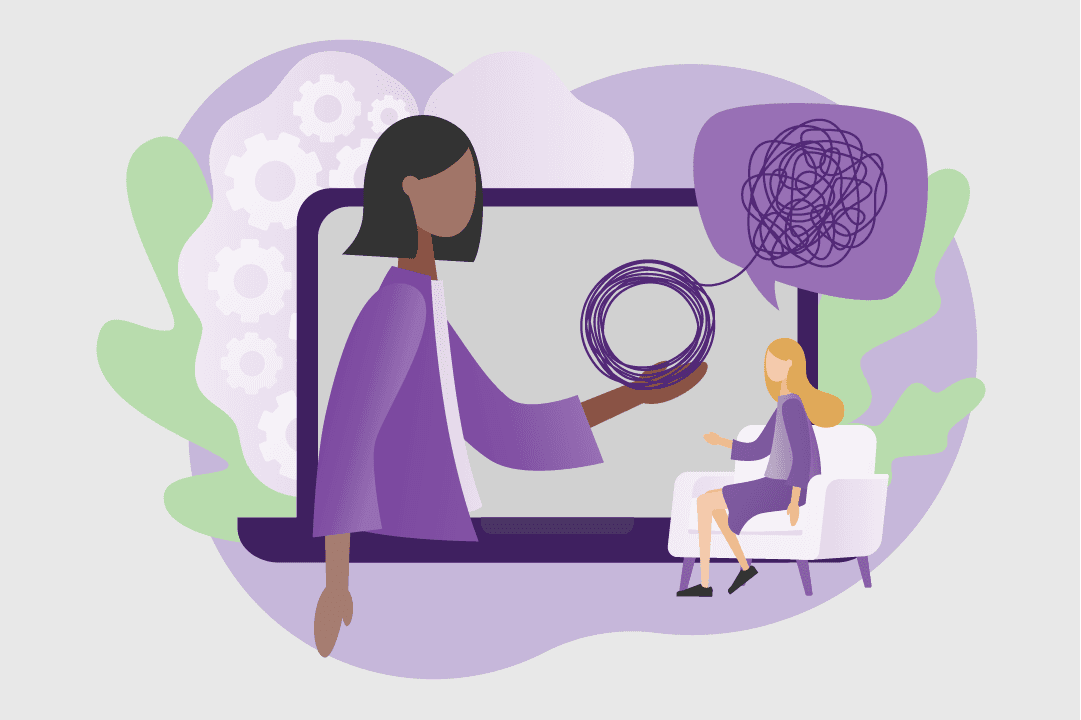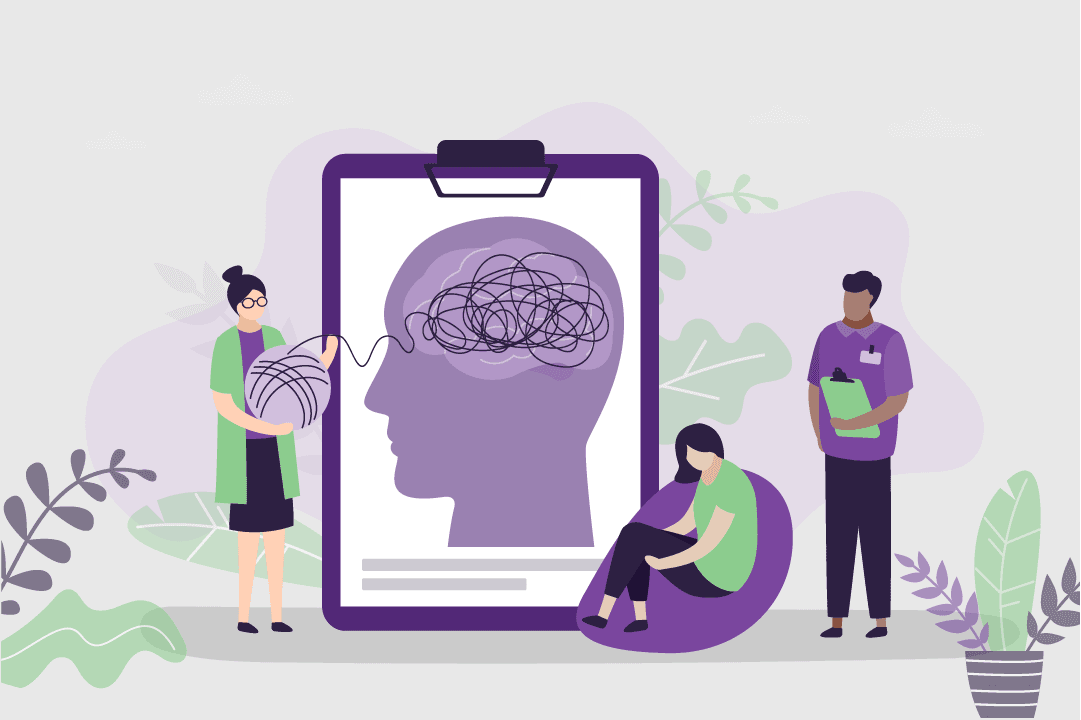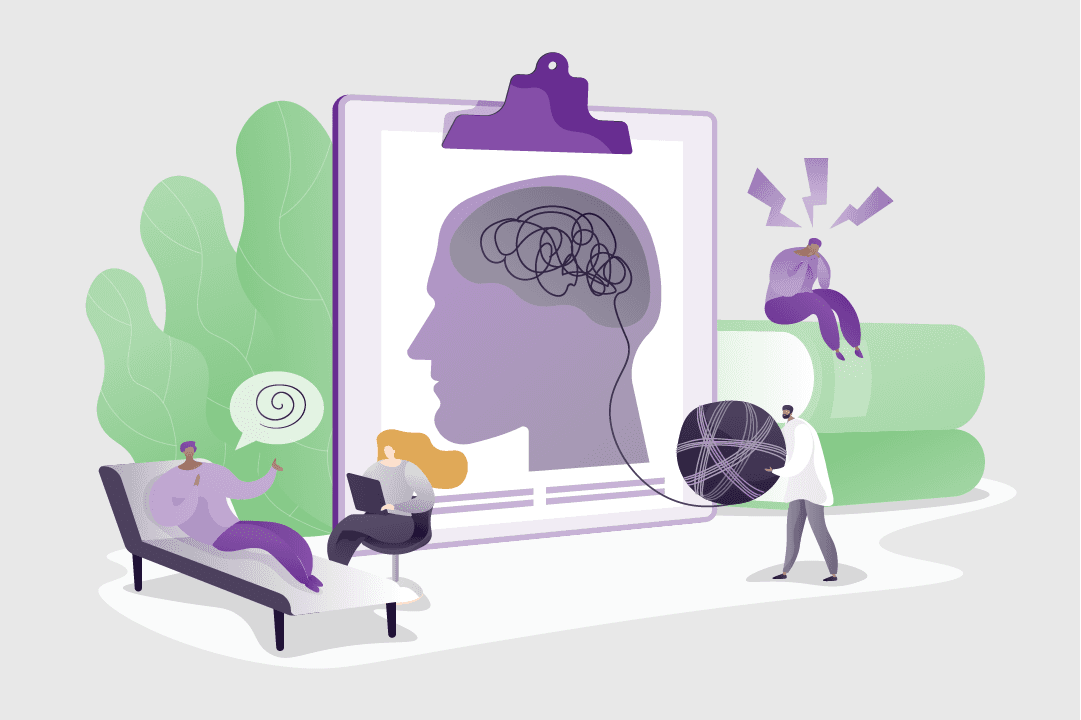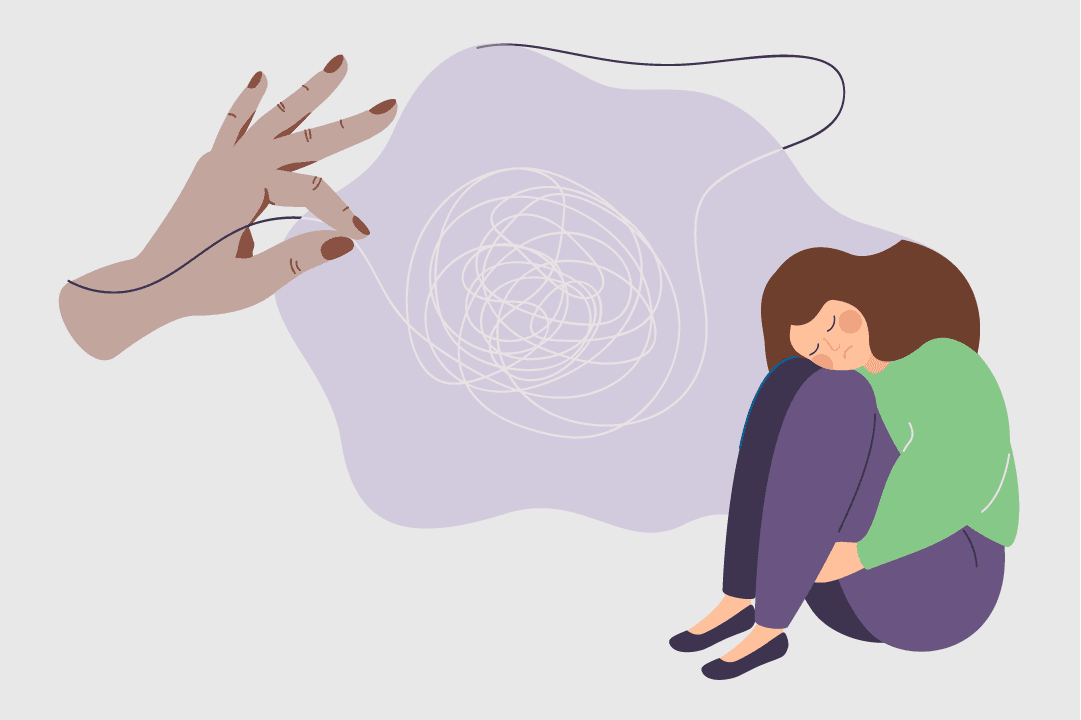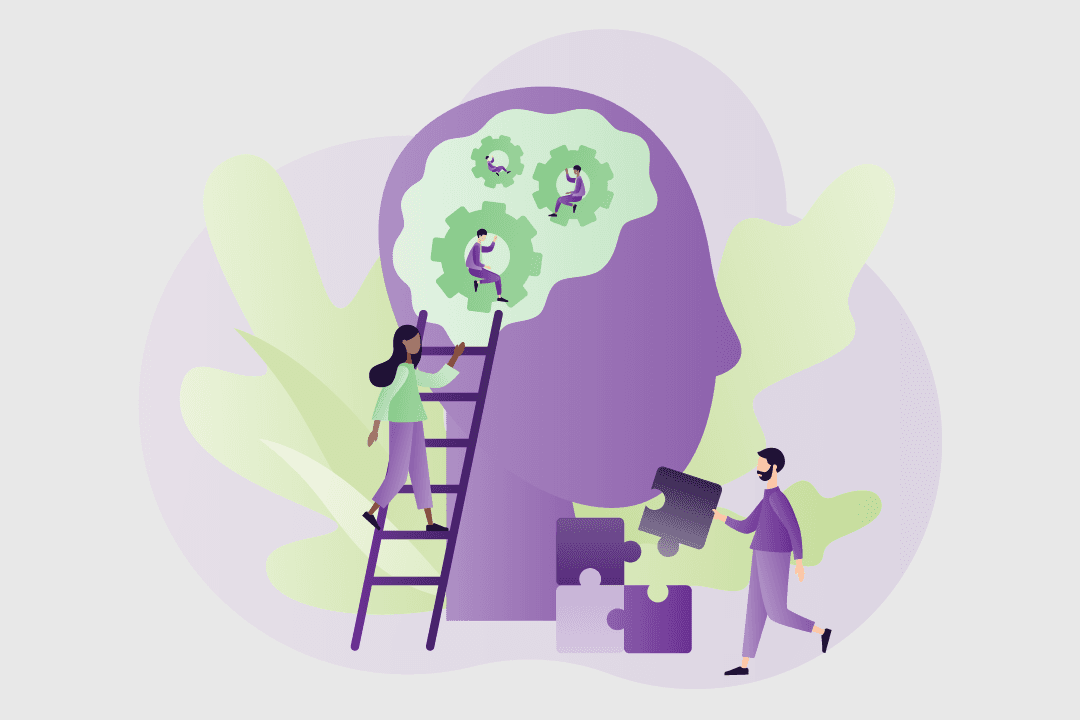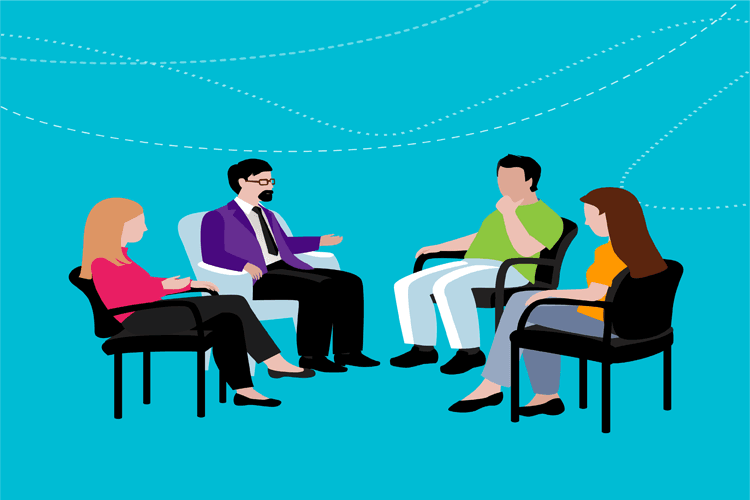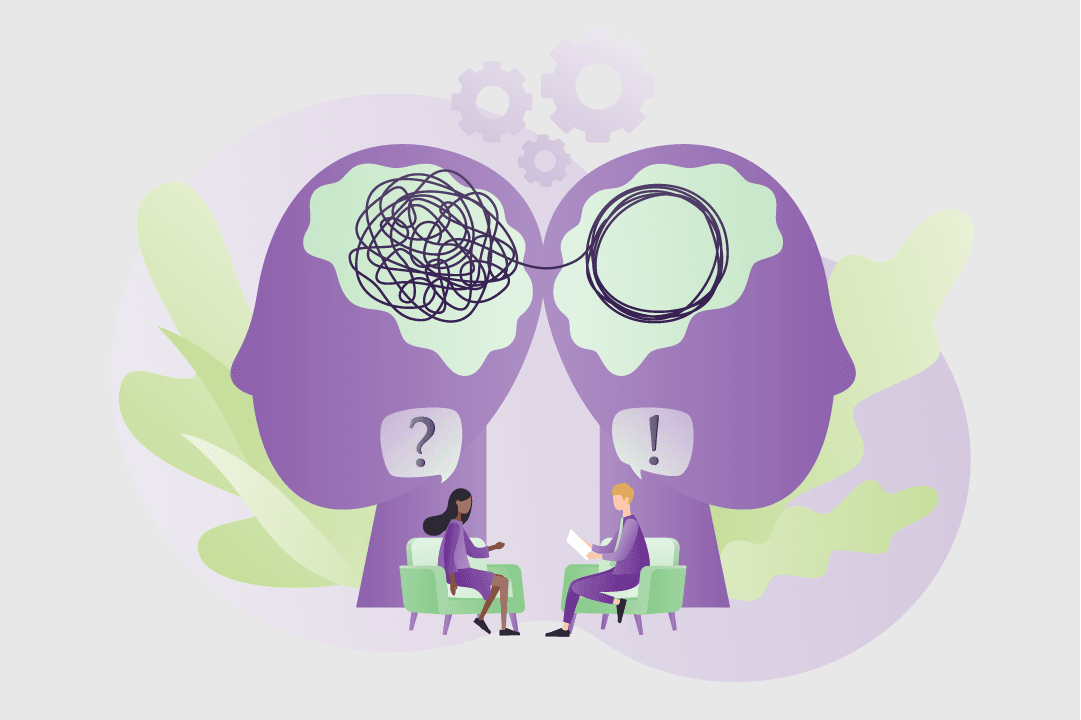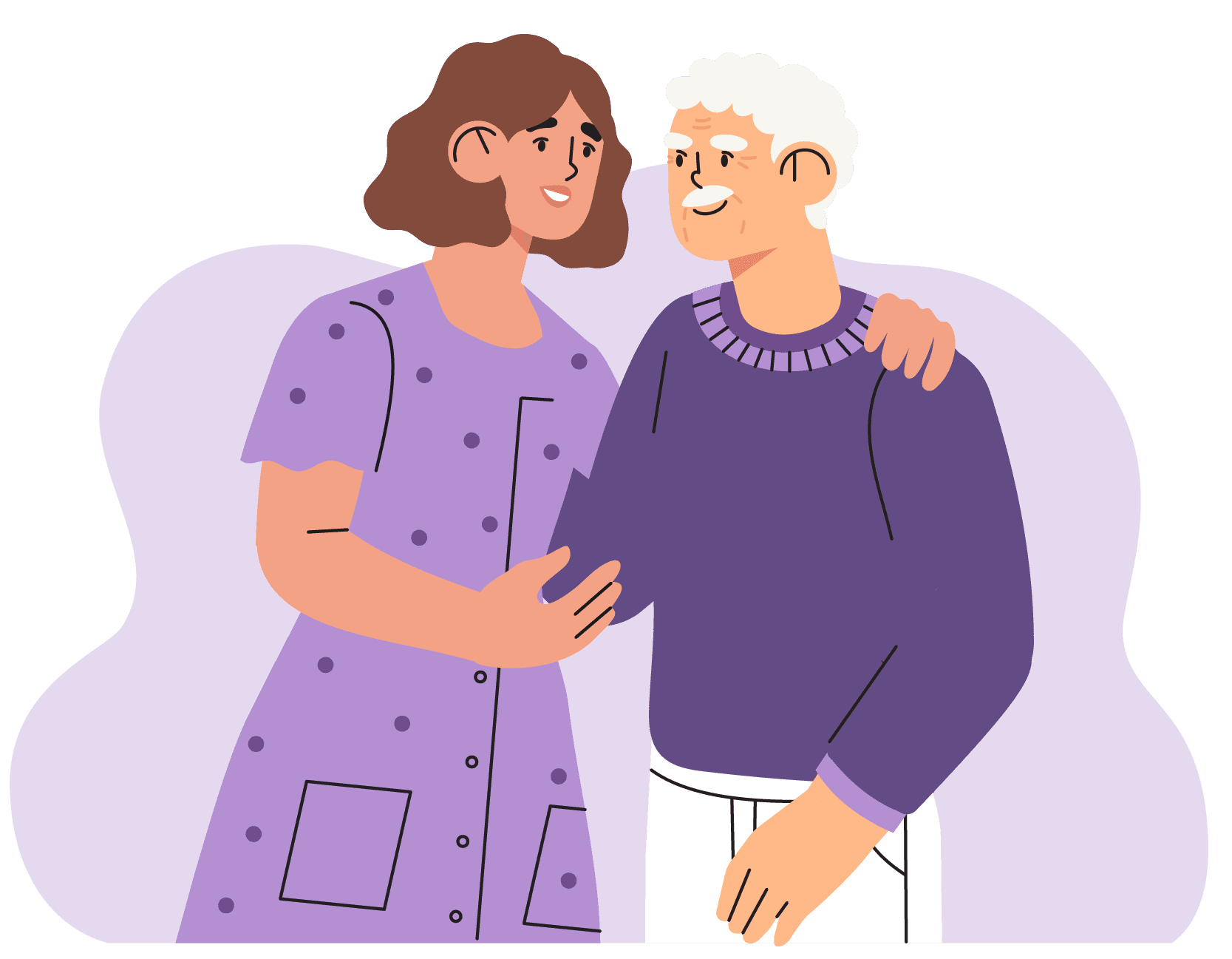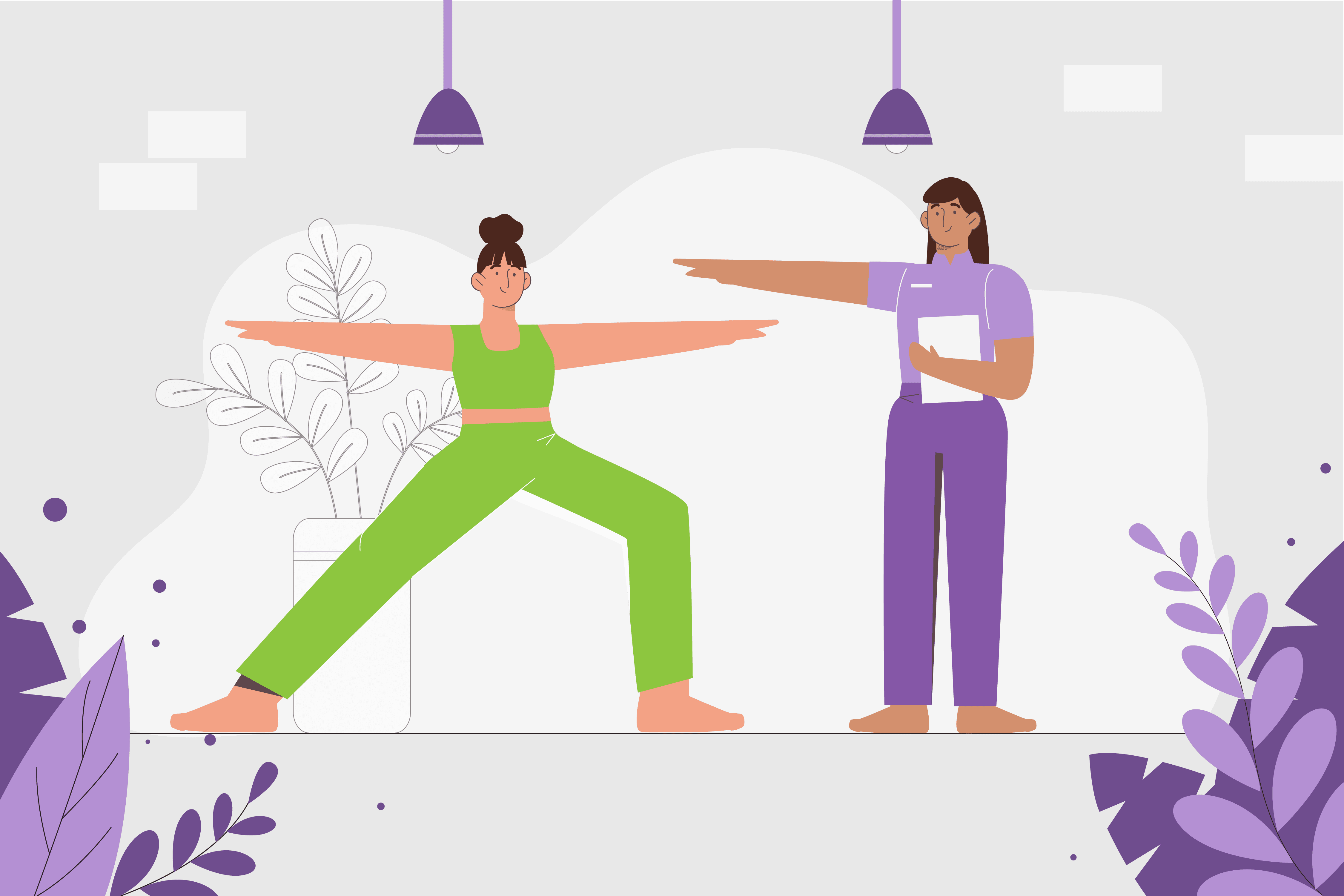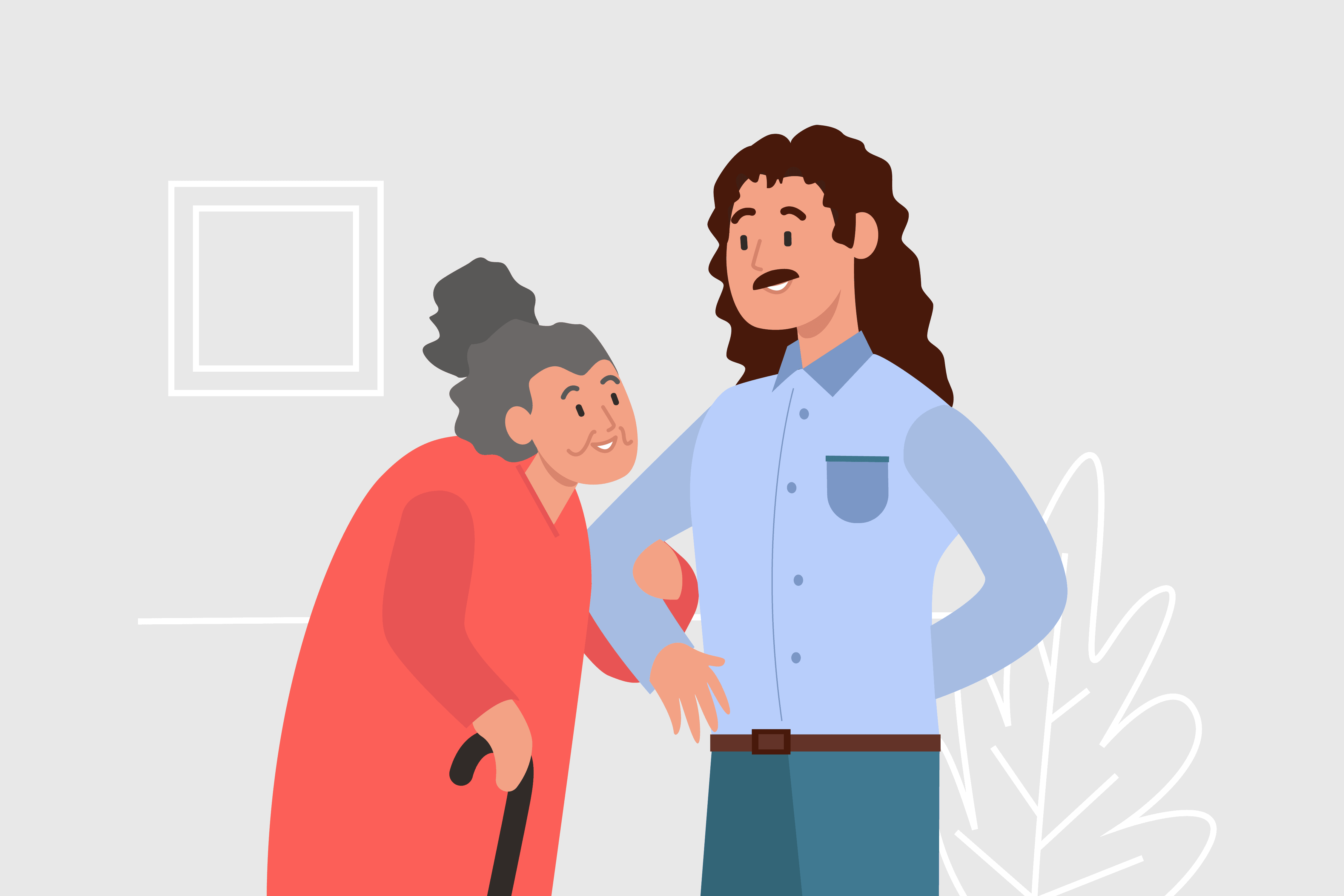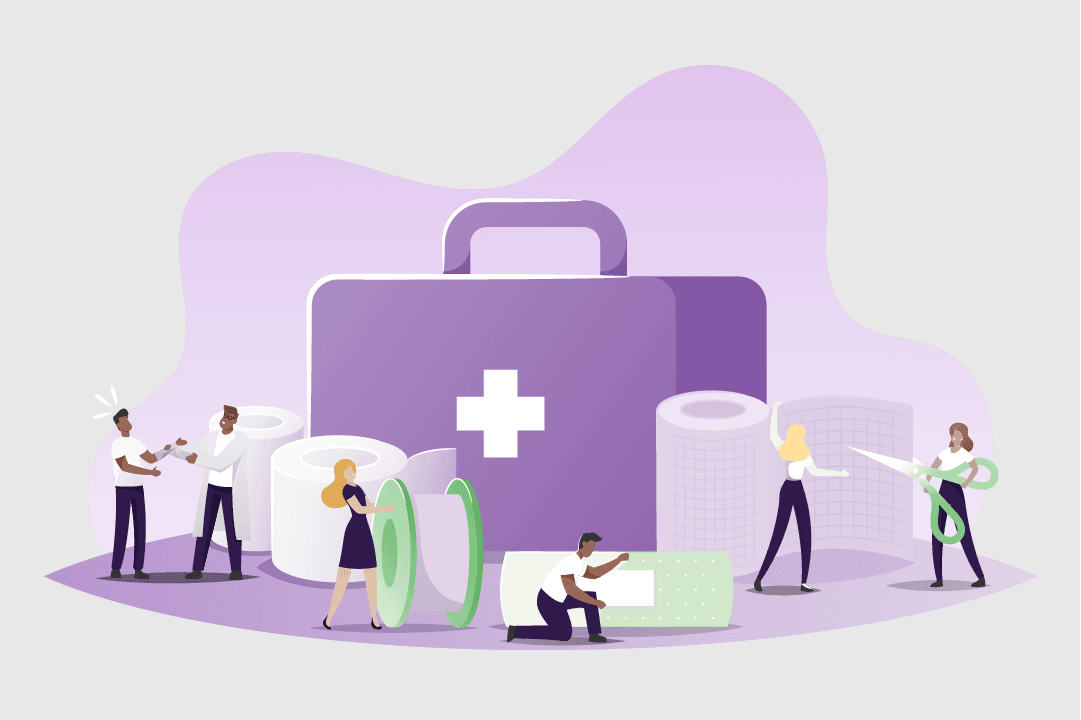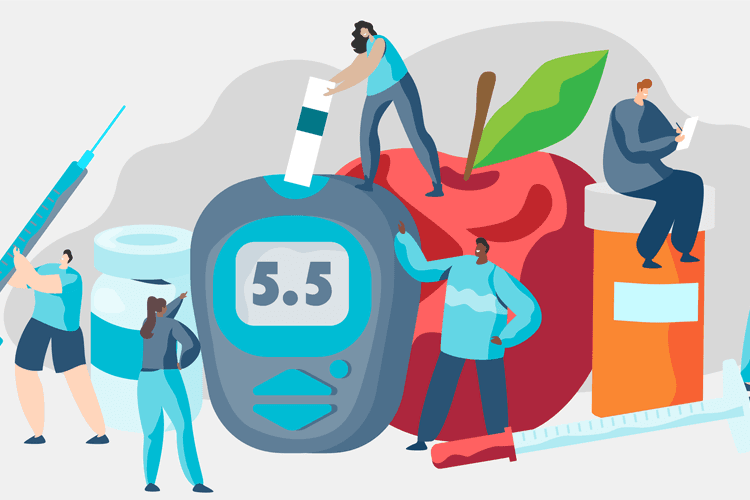Rehabilitation counsellor job description
Let’s get real. Job information online can often be overly optimistic — conveniently glossing over the raw bits. But when you’re making decisions about your future, you need all the facts.
That’s why we anonymously surveyed rehabilitation counsellors about their job, with hopes of getting an honest insight into what it’s really like.
While we did our best to ensure respondents were Australians and verified their job titles with proof of employment, we can’t guarantee complete accuracy — or that your experiences in the field will reflect theirs. So, we suggest that you take these insights as a guide only and try to talk to people in the field before making an important decision.
Tasks and responsibilities for a rehabilitation counsellor
Rehab counsellors specialise in supporting people with physical, health or social barriers that impact their independence. They work with their clients to achieve rehabilitation goals and promote inclusion, self-sufficiency, mental health, and wellbeing.
Rehab counsellors work in settings like disability employment, NDIA/NDIS, universities, state and commonwealth departments, life insurance, and other rehabilitation services.
Rehabilitation counsellor responsibilities could include:
- Giving individual or group counselling to those affected by or recovering from significant injury or disability
- Assisting mentally, physically or socially disadvantaged people to reintegrate into work
- Developing treatment and rehabilitation plans in collaboration with other healthcare professionals
- Assessing clients' abilities, interests and health
- Supporting clients as they develop strength or adjust to a disability
- Helping locate resources for clients to help them live and work independently
- Helping develop skills and tools for employment search
- Providing employer education and guidance to support employees with disabilities, illness, or injury
- Developing new policies
How to become a rehabilitation counsellor
-
Study
At a minimum, the qualification that gives you the skills and knowledge required to succeed in this role is a Bachelor Degree in Allied Health, a Bachelor Degree in Health Science or another related field. A Bachelor of Health Science or a Bachelor of Social Work are great options. A degree takes around three years to complete, and many students then follow on to study a postgraduate course in rehabilitation counselling.
You can study and get these required qualifications straight away to work as an independent rehabilitation counsellor, or you can complete a short course that can allow you to gain entry to the industry as a pathway. For example, a Vocational Education Training course like a Diploma in Counselling (CHC51015) or a Diploma in Health Science can introduce you to the industry and help you gain relevant experience.
A VET qualification can be an excellent option for getting your foot in the door and potentially study later on to specialise in the field. With several options at your disposal, you can find the right course for you that fits in with your desired timeline and lifestyle.
-
Join the RCAA
As the only professional association exclusively representing tertiary qualified rehabilitation counsellors in the Australasian region, a membership to The Rehabilitation Counselling Association of Australasia allows access to professional development, networking opportunities and more.
Pathway options
Working as a counsellor to reintegrate people into an independent life is exceptionally fulfilling, and many people make this their long-term career.
Rehabilitation counselling jobs can also open doors to other positions in various public and private work settings.
Some pathways could be:
Junior
-
Support worker
Most common qualification: Certificate IV in Mental Health (CHC43315)
-
Youth case worker
Most common qualification: Certificate IV in Youth Work (CHC40413)
-
Social worker
Most common qualification: Diploma of Community Services (CHC52015)
-
Youth counsellor
Most common qualification: Diploma of Youth Work (CHC50413)
-
Allied health assistant
Most common qualification: Certificate III in Allied Health Assistance (HLT33015)
-
Occupational therapy assistant
Most common qualification: Certificate IV in Allied Health Assistance (HLT43015)
-
School counsellor
Most common qualification: Diploma of Counselling (CHC51015) + Supervision
Mid
-
Counsellor
Most common qualification: Diploma of Counselling (CHC51015) + Supervision
-
Child counsellor
Most common qualification: Diploma of Counselling (CHC51015) + Supervision
-
Family counsellor
Most common qualification: Diploma of Counselling (CHC51015) + Supervision
Senior
-
Rehab counsellor
Most common qualification: Master of Rehabilitation Counselling
-
Psychotherapist
Most common qualification: Graduate Diploma of Trauma-Informed Processwork Psychotherapy (10779NAT)
-
Family dispute resolution practitioner
Most common qualification: Graduate Diploma of Family Dispute Resolution (CHC81115)
Explore related qualifications
An undergraduate degree in a relevant field
To become a qualified rehab counsellor, you generally need to complete an undergraduate degree in either:
- allied health
- social work
- health science
This must be followed by a postgraduate qualification in rehabilitation counselling. Postgrad qualification options include:
- Master of Rehabilitation Counselling
- Graduate Diploma in Counselling
Master of Rehabilitation Counselling
This postgraduate course allows you to develop more complex skills, knowledge and expertise in rehabilitation counselling.
The Master of Rehabilitation Counselling prepares the learner for work as a rehabilitation counsellor in government, insurance companies, private and not-for-profit organisations and other vocational rehabilitation services, to name a few.
Masters degrees can vary in length and depend on the units of study a learner has already achieved but is usually between one and three years.
Course providers have differing entry requirements and study methods available.
Graduate Diploma of Counselling
Many students that have completed a relevant undergraduate degree then take on postgraduate studies like a Graduate Diploma in Counselling to become qualified rehab counsellors.
This graduate diploma allows practitioners to advance their specialist abilities in working with a diverse range of clients with complex issues.
The course duration is generally one year full time or part-time equivalent, and many course providers offer flexible and online learning environments. Entry requirements may differ between course providers.
2 providers offer this course
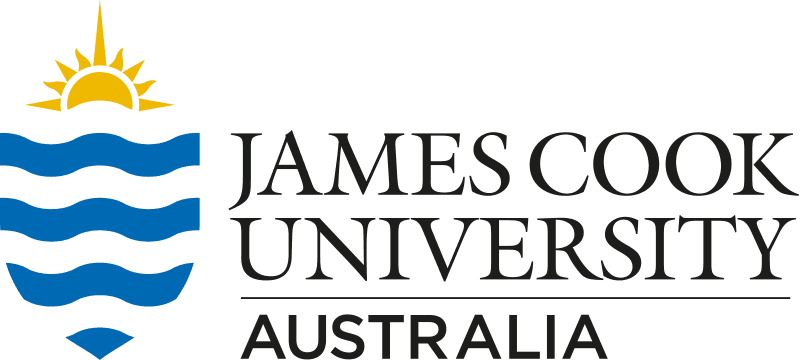
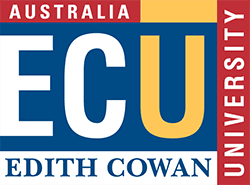
Pathway Option: Diploma of Counselling
A Diploma of Counselling provides the skills and knowledge to work as a counsellor in defined and supported counselling roles in established agencies rather than in independent practice.
The average course duration is one year full-time but can be self-paced and studied online or on campus.
If you’re not ready to take on a bachelor’s degree, you can enter the industry by studying a short course in counselling or health science. This allows you to get a job sooner, with the option to undertake further study to gain qualifications down the track.
Some units achieved in a diploma qualification can be carried over and be a pathway into a bachelor’s degree.
4 providers offer this course

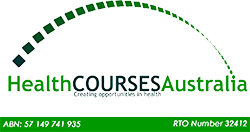
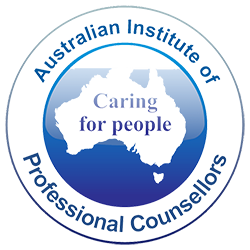

Pathway Option: Diploma of Health Science
This course provides the learner with a sound knowledge of the health of individuals, communities and populations. Job outcomes from this course could include roles in case management, community health, counselling and disability services, to name a few.
The duration of this course is approximately one year full-time or part-time equivalent. Blended learning delivery is available and depends on the course provider.
If you’re not ready to take on a bachelor’s degree, you can enter the industry by studying a short course in counselling or health science. This allows you to get a job sooner, with the option to undertake further study to gain qualifications down the track.
Some units achieved in a diploma qualification can be carried over and be a pathway into a bachelor’s degree.
6 providers offer this course
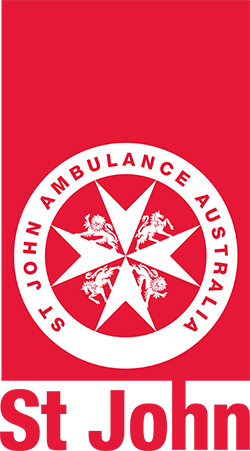


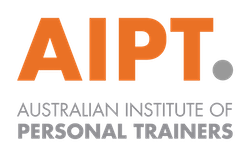


Related subjects
There are plenty of other jobs that allow you to support vulnerable people in the community. Sectors like healthcare, social services, and direct client care always need new, enthusiastic, and empathetic employees.
Some other subjects to explore:
Related articles
Discover an abundance of insightful industry and short courses information through this catalogue of articles:
Reviews
Reviews are from Australian workers with this job title or a very closely related one.
Is this your job title?
Share your thoughts and help people decide if this job is right for them.
- All
- Positive
- Negative
Belinda
Sep 11 2021No two days are the same, always doing new things and building relationships.
What are the best parts of the job?
Building positive relationships with workers, doctors, treating professionals, and employers to work together to collaboratively return people to work. It’s also very intellectually stimulating in that every day is a new puzzle that needs solving, and putting into place layers of strategy to achieve the goal is interesting and keeps the brain busy. Lastly, learning about people is endlessly fascinating.
What's the most challenging part?
Completing a degree to learn afterwards that my early days as a fresh rehabilitation consultant would involve cold calling employers for labour market research was my worst nightmare. It didn’t last forever, but in the early days I definitely resented that being a part of the role.
Jenny
Aug 30 2021Plenty of tasks and opportunities to keep work interesting.
What are the best parts of the job?
Diverse range of work opportunities. The daily tasks change everyday, with a good mix of duties allowing me to work both from home and in the office.
What's the most challenging part?
Time-management. You need to be super organised and utilise your time effectively. Need to be flexible. Need to be a strong communicator and good listener, since you are dealing with multiple stakeholders, at times with competing interests.
Eman
Aug 30 2021Enjoy helping clients.
What are the best parts of the job?
Helping clients achieve their personal rehabilitation goals and seeing the smile on their face after reaching those goals.
What's the most challenging part?
Report writing can be long and tedious.
